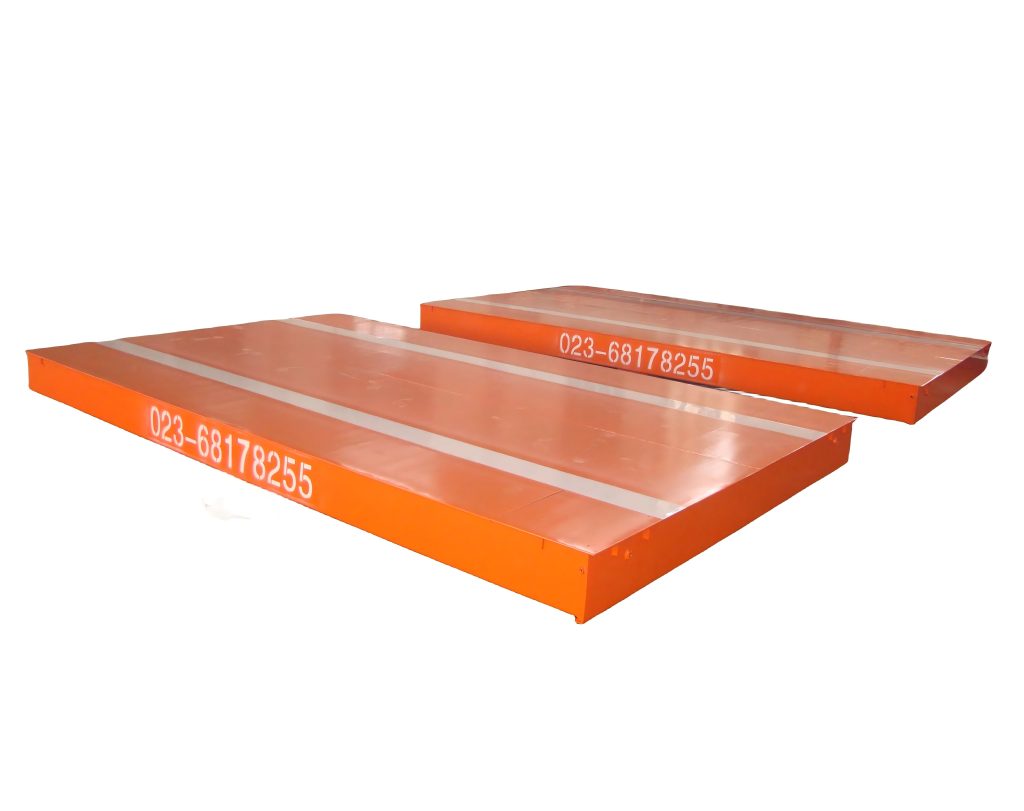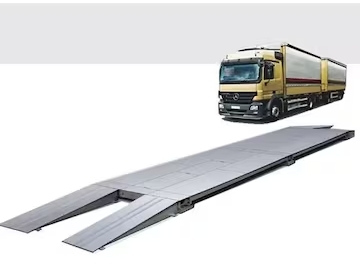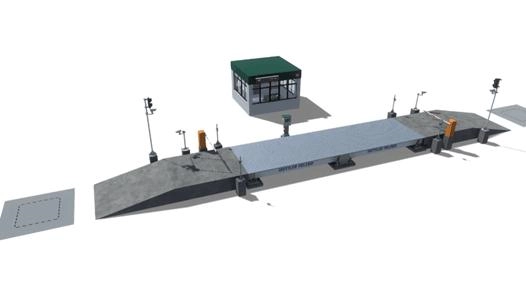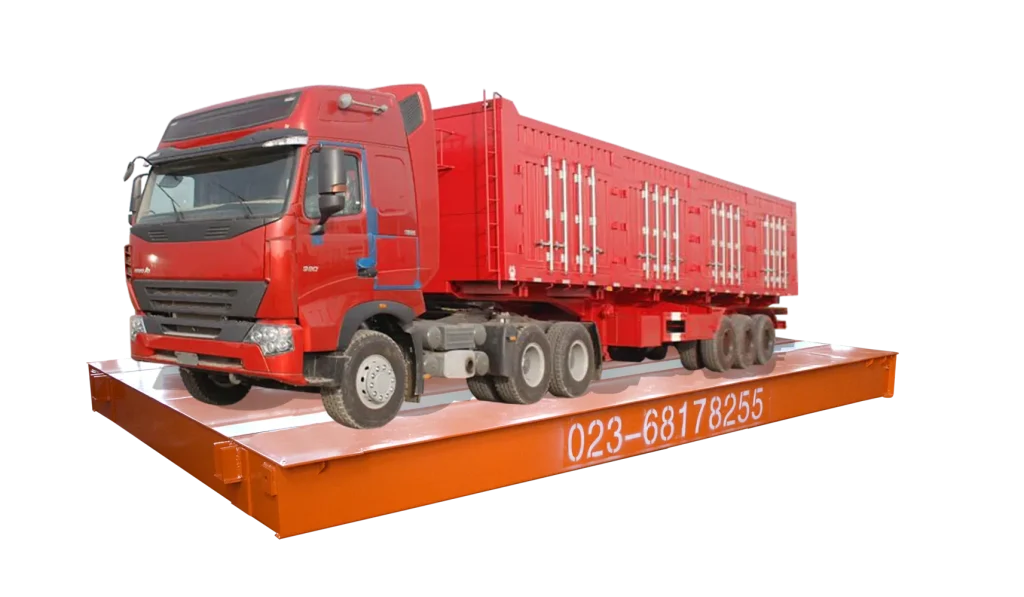Electronic Weighbridge vs. Mechanical Weighbridge: A Comparison Guide
Trucking and logistics rely heavily on accurate weight measurements. Weighbridges are crucial tools for ensuring compliance with weight regulations and optimizing cargo management. It has two main types – electronic and mechanical. Choosing the right type can be of great importance. Here we will talk about the differences between them.
How Do Electronic Weighbridges Work?

Electronic weighbridges utilize advanced technology to accurately measure the weight of vehicles. Here’s a breakdown of the process:
- Load Cells: These are the core components, placed strategically under the weighbridge platform. They convert the weight pressure into electrical signals.
- Signal Transmission: The electrical signals from the load cells are transmitted to a junction box, where they are combined and amplified.
- Weighing Indicator: This device receives the combined signal and converts it into a digital weight reading, which is displayed on a screen.
- Data Processing: Modern weighbridges often include data processing capabilities, allowing for weight recording, printing, and integration with other systems.
How Mechanical Weighbridges Work?

Mechanical weighbridges, while less common today, operate on a system of levers and weights.
- Weight Indication: The amplified weight is displayed on a dial or pointer, providing a visual representation.
- Lever System: A complex system of levers amplifies the weight of the vehicle, making it easier to measure.

Electronic Weighbridges vs Mechanical Weighbridges
Choosing the right weighbridge for your business hinges on understanding the strengths and weaknesses of electronic and mechanical models. Let’s delve deeper into the key factors that differentiate them:
| Feature | Electronic Weighbridge | Mechanical Weighbridge |
| Accuracy | Superior | Prone to decrease over time |
| Reason for Accuracy Variation | Less susceptible to wear, temperature, foundation | Wear and tear, temperature fluctuations, foundation settling |
| Maintenance Needs | Lower – Periodic calibration | Higher – Regular adjustments and component alignment |
| Data Management | Excellent – Integrates with software for data storage, analysis, and reporting | Poor – Manual data entry, limited record-keeping |
| Cost | Higher upfront cost | Lower upfront cost |
| Long-Term Cost | Potentially lower due to less maintenance | Potentially higher due to frequent maintenance |
| Durability | Generally less prone to breakdowns | Robust but susceptible to wear and tear |
| Weighing Speed | Faster due to digital processing | Slower due to manual reading |
| Environmental Sensitivity | Less affected by wind or uneven ground | May require adjustments in some conditions |
Electronic weighbridges are ideal for businesses that require precise weight readings, efficient data management, and long-term cost-effectiveness. Mechanical weighbridges may be suitable for businesses with budget constraints and basic weighing needs.
The best choice depends on your specific needs. Consider factors like: accuracy Requirements, Data Management Needs, Budget, Frequency of Use. By carefully evaluating these factors, you can select the weighbridge that best suits your operation.
Conclusion
Choosing between an electronic and mechanical weighbridge depends on your specific needs and circumstances. Electronic weighbridges offer superior accuracy, advanced data management, and lower long-term maintenance costs, making them ideal for precision-dependent industries. Choose a reliable manufacturer like Bincen, you can maximize your ROI.





